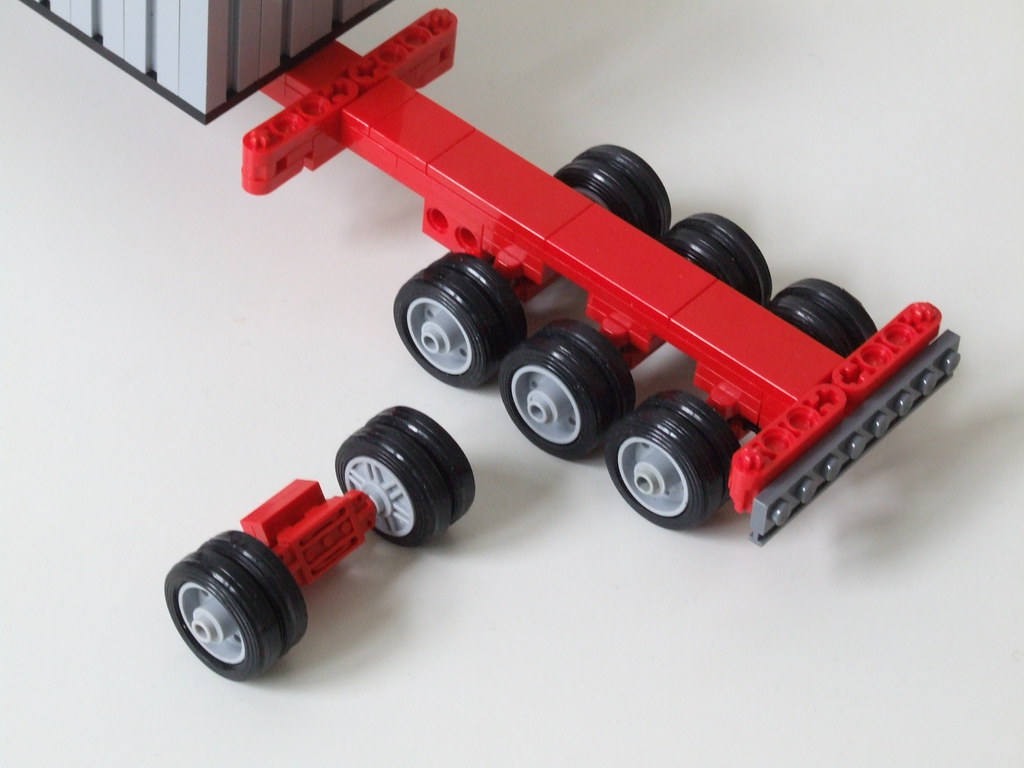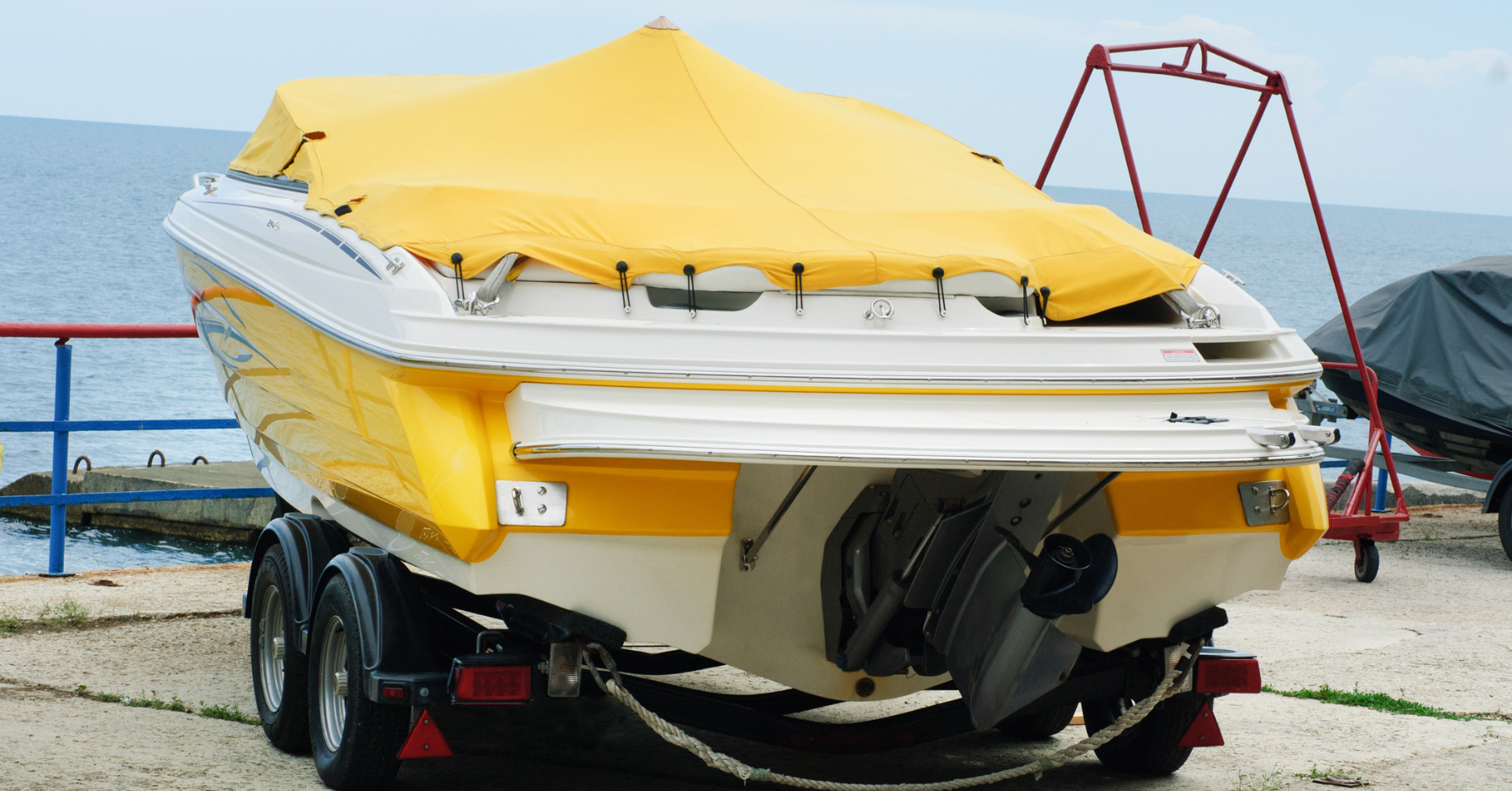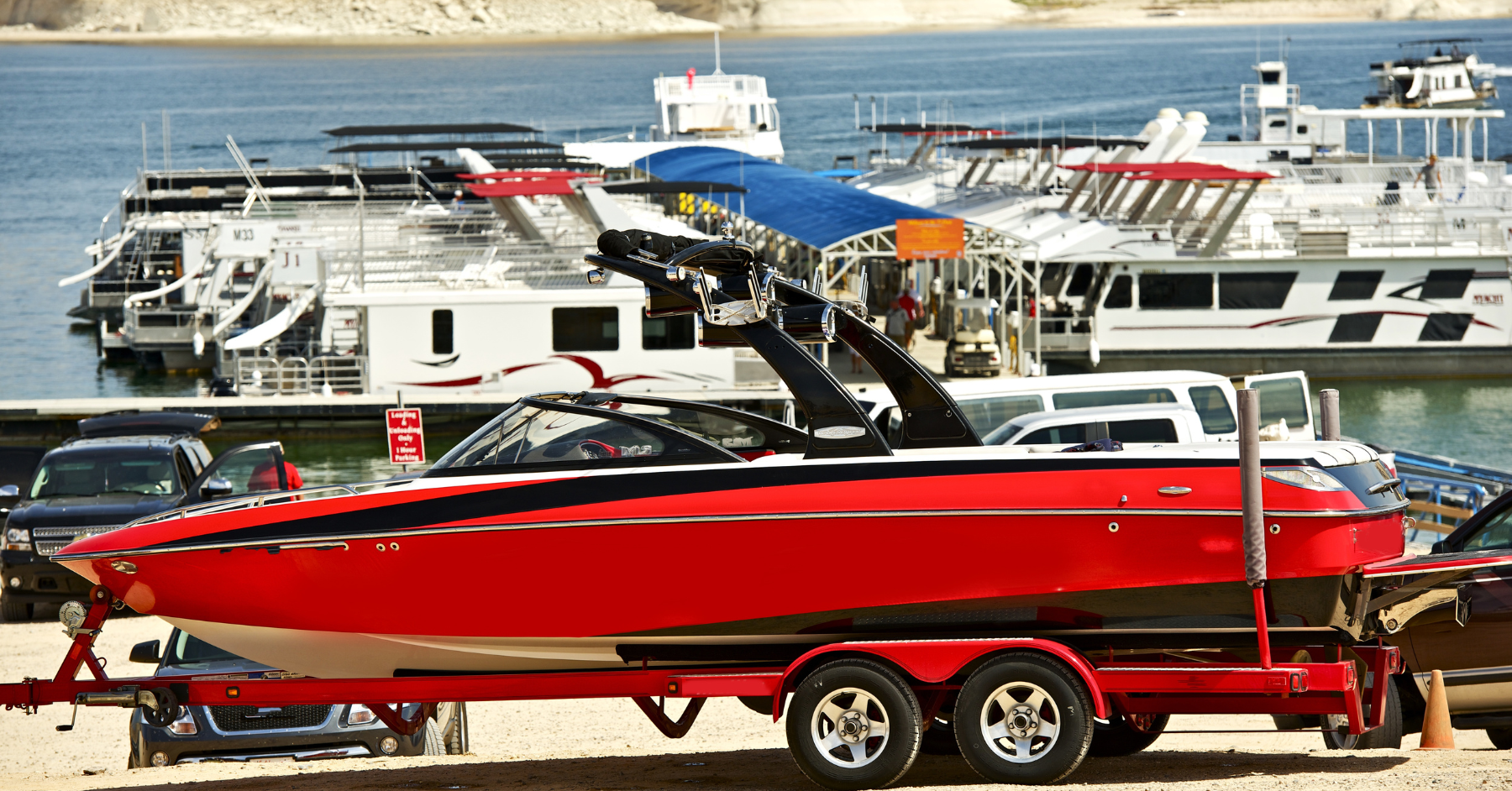Ensuring your trailer performs optimally begins with choosing the right axle. Whether you’re transporting a boat, utility trailer, travel trailer, or industrial load, selecting the proper axle is essential for safety, reliability, and efficiency on the road.
But with so many trailer axles out there, including various styles, capacities, and features, the decision can be overwhelming. This guide is here to simplify the process. We’ll walk you through the key considerations to help you choose the best axle for your trailer.
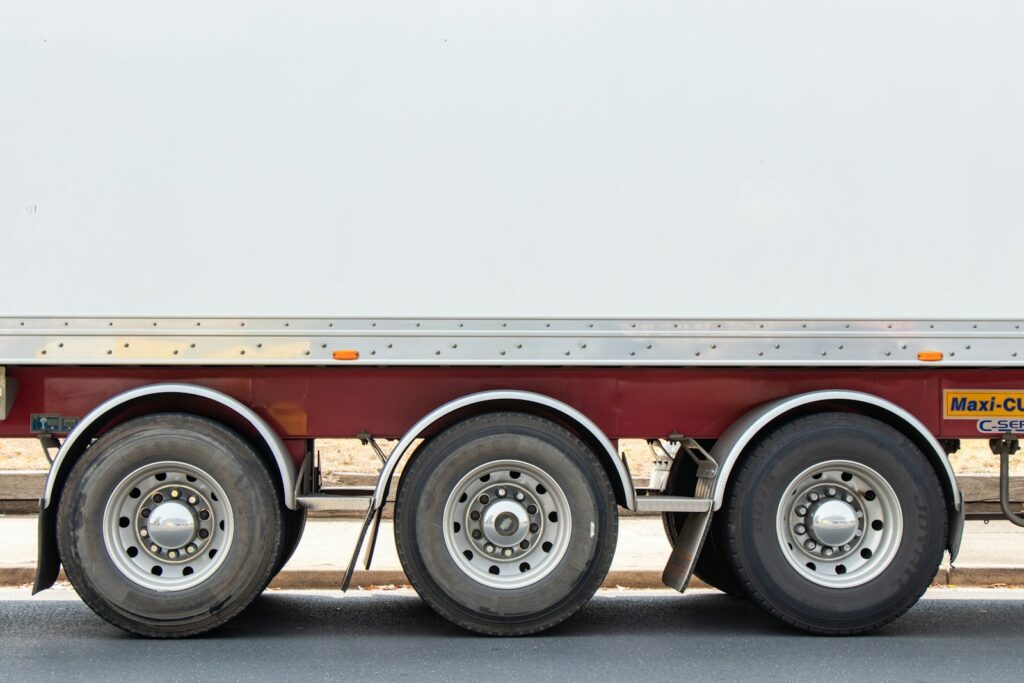
Understanding Trailer Axle Types and Capacity
Choosing the right trailer axle begins with a solid understanding of the types and capacities available.
Expert support can help in choosing the right trailer axle.
Types of Trailer Axles
One of the first steps is determining whether you need access to a hydraulic axle or an electric axle.
- Hydraulic Axles: Ideal for trailers that require strong, consistent braking power, hydraulic axles excel in heavy-duty applications like industrial trailers and large RVs.
- Electric Axles: Popular among smaller boats, utility trailers, or medium-duty applications, electric axles are efficient and affordable.
Why Axle Capacity Matters
Axle capacity directly impacts how much weight your trailer can handle, and choosing the right axle capacity products is crucial. Overloading an axle is one of the fastest routes to damage and decreased performance.
Trailer Axle Capacities
Trailer axles come in a wide range of capacities to match different needs. Common options include 3.5K, 6K, 10K, and even heavy-duty 25K axles. Here’s a guideline to help you select the appropriate capacity based on your trailer’s load weight:
- Light utility trailers or small boats? A 3.5K axle will do.
- Transporting a mid-sized travel trailer or RV? Opt for a 6K axle.
- Moving industrial equipment? You’ll need a 10K–25K heavy-duty axle.
Expert support can help you in selecting the appropriate axle capacity, ensuring you get comprehensive assistance for your trailer needs.
Finding the Perfect Fit
Consider both the total weight of your cargo and the weight distribution. Always plan for a buffer if you’re towing varying loads frequently.

Selecting the Right Axle Length and Track
The Importance of Axle Length and Track
Products related to axle length and track play a crucial role in how your trailer handles on the road. Incorrect axle lengths or improperly measured tracking can lead to alignment issues, uneven tire wear, or unsafe towing conditions.
Measuring Axle Length and Track
Axle length is measured from hub face to hub face, while track is the distance between the centerlines of the two tires. Common options include 89” and 93.75” hub face lengths.
Expert support can assist with accurate measurements, ensuring you get the right fit for your trailer needs.
Choosing Axle Length for Your Trailer
- Measure accurately between the hub faces of your existing axle.
- Consider your trailer’s dimensions and how the axle placement affects overall balance and clearance.
Matching Axle Track to Your Needs
The right track ensures even weight distribution. Use your trailer manufacturer’s specifications to align your track choice with your intended use.
Quality Trailer Parts for Reliability and Safety
Not all trailer axles are created equal. Opting for high-quality, engineered trailer axle products is vital for ensuring long-term safety and reliability.
Benefits of High-Quality Parts
- Reduced Maintenance Costs: Durable axles and components require fewer repairs over time.
- Improved Safety: Quality parts are less prone to failure, ensuring smoother rides and preventing accidents.
- Better Performance: Engineered parts are designed for efficiency, offering better handling and dependability.
- Expert support can help reduce maintenance costs and improve safety by providing personalized assistance and guidance through our dealers.
Tips for Sourcing Reliable Parts
Shop for trailer parts, including axles, from reputable manufacturers like Dexter. They’re renowned for safety, innovation, and quality materials.

Trailer Axle Features and Options
Today’s trailer axle products come with a host of features and options to choose from.
Features to Look For
- ABS and Non-ABS Options: Anti-lock braking systems provide enhanced safety, particularly in tricky terrains or bad weather.
- Material Composition: Aluminum axles are lightweight and corrosion-resistant, while steel axles are perfect for heavy-duty loads.
- Brake Type: Consider disc brakes for consistent stopping power or stick to drum brakes for a budget-friendly option.
Expert support can help in choosing the right trailer axle features, ensuring you get comprehensive assistance tailored to your specific needs.
Advanced Options to Explore
- Big Brake Axles: Specially designed for superior braking performance on heavier trailers.
- Custom Axles: Some manufacturers offer axles tailored to fit unique trailer designs.
Installation and Maintenance Considerations
Proper installation and regular maintenance are crucial for ensuring optimal trailer axle performance and a smooth, safe ride. Having access to installation guides and maintenance tips is crucial.
Installing Your Trailer Axle
- Begin by measuring and aligning your new axle accurately to ensure even load distribution.
- Ensure all connections, including brakes and wiring, are secure before hitting the road.
If installation feels too complex, seek professional assistance. Expert support can assist with the installation process, providing personalized guidance and ensuring all components are correctly fitted.
Routine Maintenance Tips
- Regularly lubricate your axle with a variety of maintenance products to prevent wear and tear.
- Inspect the axle, brakes, and hub face for signs of damage or corrosion.
- Check bolts and connections to ensure every component is secure.
Troubleshooting Common Issues
Uneven Tire Wear: Could be caused by improper alignment or a bent axle.
Strange Noises: Indicates potential issues with braking components.
Expert support can assist with troubleshooting these common issues, ensuring you receive personalized assistance and guidance.
Choosing the Best Trailer Axle for Your Needs
Key Factors to Consider
Trailer Type: Is it for a boat, RV, or industrial equipment? Match the axle with its use case.
Load Capacity: Remember to provide a comfortable weight buffer above your heaviest load.
Safety & Reliability: Stick to manufacturers like Dexter for proven performance.
Expert support can assist with choosing the right trailer axle, ensuring you get comprehensive help tailored to your specific needs.
Reputable Manufacturers
Brands like Dexter have gained a strong reputation for producing quality trailer axles for all types of trailers. Their focus on safety, durability, and advanced engineering makes them a top choice nationwide.
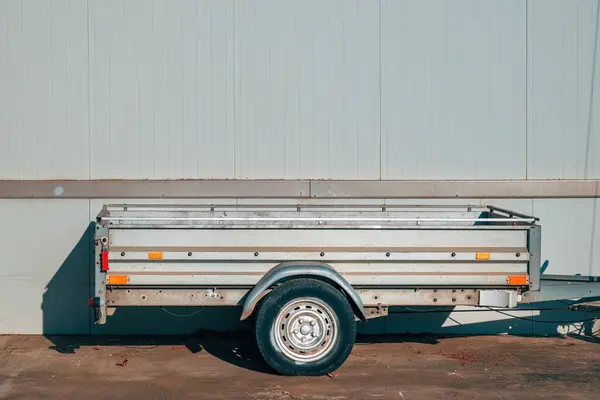
Ensuring a Smooth Ride with the Right Trailer Parts
Investing in the right trailer parts products is the ultimate key to a smooth, safe towing experience.
Benefits of Proper Parts
- Enhanced Comfort: Absorb road shock and vibrations effectively.
- Improved Performance: Reliable parts ensure your trailer operates at its peak capacity.
- Peace of Mind: Safety-focused designs reduce the risk of breakdowns or road accidents.
Expert support can assist with choosing the right trailer parts.

Where to Find Trailer Parts
Looking to upgrade your trailer axles or other parts? Contact Interstate Haulers. Our team of experts can also transport trailers of all kinds, whether for boat hauling or industrial transport. Explore how we can assist you in keeping your trailer ready for the challenges of the road.
Learn More About Trailer Maintenance
Proper trailer maintenance is essential for ensuring safety and performance. Check out these resources to learn more about keeping your trailer in top condition:
- How to Maintain Your Trailer Axle – A step-by-step guide to prolonging the life of your axle.
- Trailer Towing Tips – Improve your towing skills with these expert tips.
- Choosing the Right Trailer Tires – Learn how to select durable tires that suit your trailer’s needs.
- Essential Trailer Safety Checks – A checklist to ensure your trailer is road-ready.
- Greasing Your Trailer Bearings – Discover the importance of regular bearing maintenance to avoid costly repairs.
- Trailer Lighting and Wiring Basics – Ensure your trailer lights and wiring are functioning properly for safe travels.
- Understanding Trailer Weight Distribution – Learn how proper weight distribution can improve handling and prevent accidents.
Visit these links to gain valuable insights and keep your trailer performing at its best!
